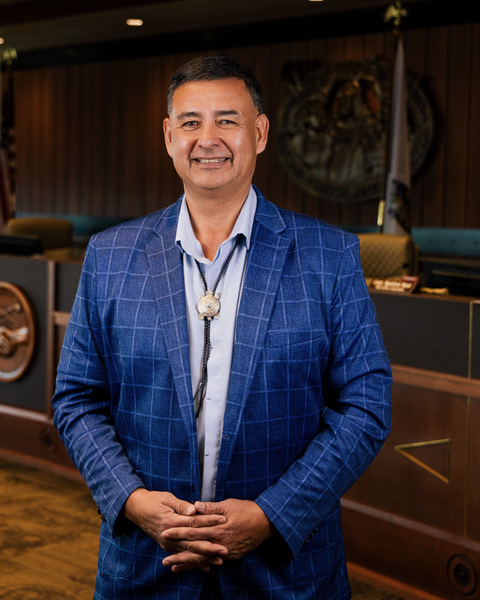HB 1196 seeks to close loopholes in sealing Criminal records By Brayden Zenker NDNAEF BISMARCK – Rep. Shannon Roers Jones, R-Fargo, recently asked the House Judiciary Committee to allow people with...
Menu

HB 1196 seeks to close loopholes in sealing Criminal records By Brayden Zenker NDNAEF BISMARCK – Rep. Shannon Roers Jones, R-Fargo, recently asked the House Judiciary Committee to allow people with...